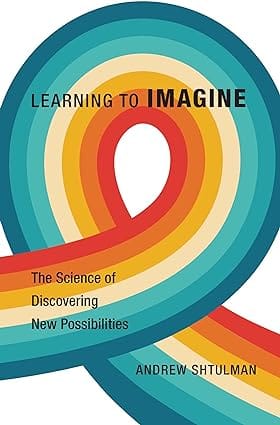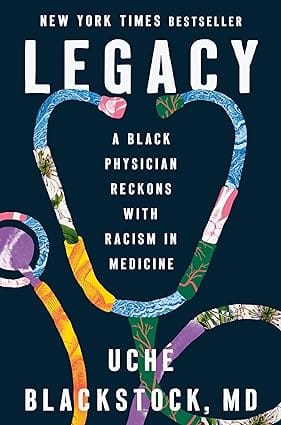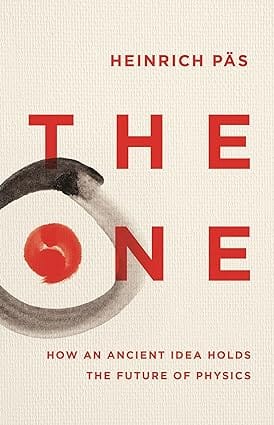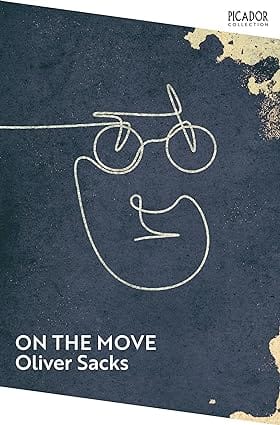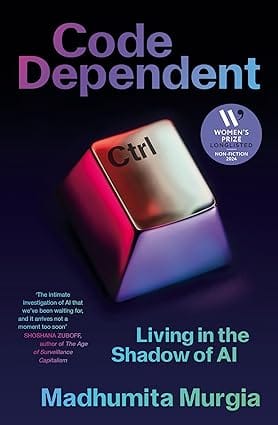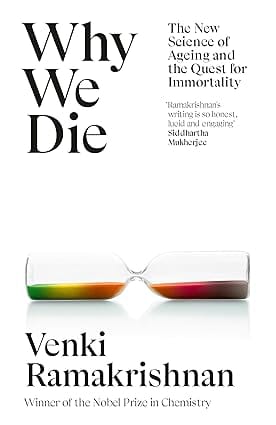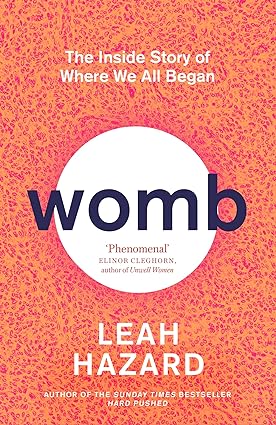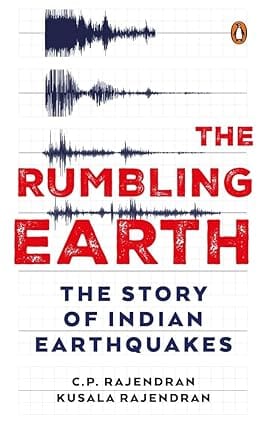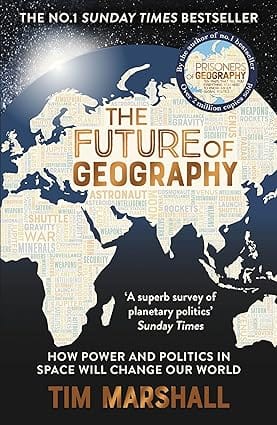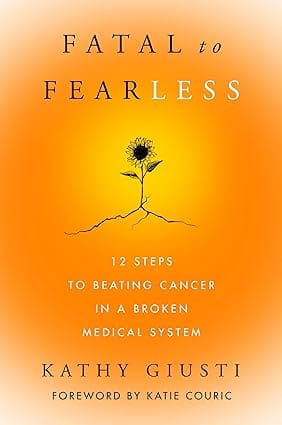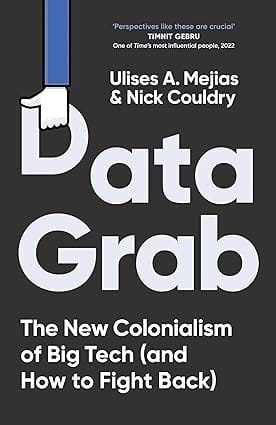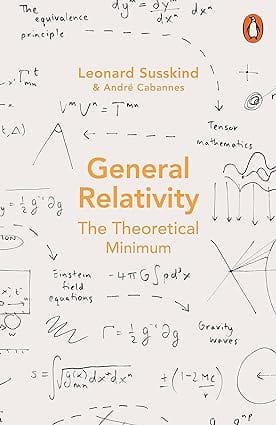WELCOME TO MIDLAND BOOK SHOP!
SHOP FOR
- Contemporary Fiction
- Contemporary Fiction
- Children
- Children
- Comics & Graphic Novels
- Comics & Graphic Novels
- Non-Fiction
- Non-Fiction
- Fiction
- Fiction
Shop No.20, Aurobindo Palace Market, Hauz Khas, Near Church +91 9818282497 | 011 26867121 110016 New Delhi IN
Midland The Book Shop ™
Shop No.20, Aurobindo Palace Market, Hauz Khas, Near Church +91 9818282497 | 011 26867121 New Delhi, IN
+919871604786 https://www.midlandbookshop.com/s/607fe93d7eafcac1f2c73ea4/6468e33c3c35585403eee048/without-tag-line-480x480.png" [email protected]9780674248175 6582d77b497b794364324644 Learning To Imagine https://www.midlandbookshop.com/s/607fe93d7eafcac1f2c73ea4/6582d77d497b794364324664/716cs73mhnl-_sy425_.jpg 9780674248175
Review
Shtulman ably and incisively navigates this vast, fascinating terrain. - Science
Shtulman masterfully weaves together a set of ideas and findings that en face might seem disparate, and in the process he turns common views of the imagination on their heads. An engaging and insightful volume by a brilliant scientist. -- Angeline Stoll Lillard, author of Montessori: The Science Behind the Genius
Imaginations grow and develop as people do. Shtulman argues that one’s imagination can be expanded by using technological advances, moral principles, models and examples, pretense, and, of course, additional information. - Library Journal
Imagination is the superpower of the human mind, enabling us to simulate and consider alternatives and possibilities. We are often told that childhood is the fertile breeding ground for imagination, but this is a myth, as explained by Andrew Shtulman, the world’s leading expert on children’s imagination. In his new book, Shtulman once again demonstrates his flair for making child development fascinating, easily accessible, and a delight to read. -- Bruce Hood, author of Possessed: Why We Want More Than We Need
Shtulman illustrates, in vivid and compelling detail, common misunderstandings of imagination and its development. Building on hundreds of recent studies, he convincingly shows how a popular narrative about children as imaginative wizards is simply wrong. Imagination requires care and support over many years of childhood to become an enabling force behind innovation. This will be an immensely valuable and timely book for anyone interested in children’s minds, education, and the origins of creative thought. -- Frank C. Keil, author of Wonder: Childhood and the Lifelong Love of Science
This remarkable book explores one of the most exciting topics in all of developmental psychology-the emergence of the imagination. Shtulman is a brilliant theoretician and scientist, and he tells the story of how children’s imaginative powers, surprisingly limited at first, gradually blossom through learning, reflection, and practice. Learning to Imagine is a delight to read, essential for anyone interested in this most extraordinary human capacity. -- Paul Bloom, author of Psych: The Story of the Human Mind
[Shtulman’s] clear, vivid exploration of his subject and how it works may cheer up adults, gladdened to learn the ways imagination ‘can be expanded through education and reflection.’ - Harvard Magazine
Shtulman masterfully weaves together a set of ideas and findings that en face might seem disparate, and in the process he turns common views of the imagination on their heads. An engaging and insightful volume by a brilliant scientist. -- Angeline Stoll Lillard, author of Montessori: The Science Behind the Genius
Imaginations grow and develop as people do. Shtulman argues that one’s imagination can be expanded by using technological advances, moral principles, models and examples, pretense, and, of course, additional information. - Library Journal
Imagination is the superpower of the human mind, enabling us to simulate and consider alternatives and possibilities. We are often told that childhood is the fertile breeding ground for imagination, but this is a myth, as explained by Andrew Shtulman, the world’s leading expert on children’s imagination. In his new book, Shtulman once again demonstrates his flair for making child development fascinating, easily accessible, and a delight to read. -- Bruce Hood, author of Possessed: Why We Want More Than We Need
Shtulman illustrates, in vivid and compelling detail, common misunderstandings of imagination and its development. Building on hundreds of recent studies, he convincingly shows how a popular narrative about children as imaginative wizards is simply wrong. Imagination requires care and support over many years of childhood to become an enabling force behind innovation. This will be an immensely valuable and timely book for anyone interested in children’s minds, education, and the origins of creative thought. -- Frank C. Keil, author of Wonder: Childhood and the Lifelong Love of Science
This remarkable book explores one of the most exciting topics in all of developmental psychology-the emergence of the imagination. Shtulman is a brilliant theoretician and scientist, and he tells the story of how children’s imaginative powers, surprisingly limited at first, gradually blossom through learning, reflection, and practice. Learning to Imagine is a delight to read, essential for anyone interested in this most extraordinary human capacity. -- Paul Bloom, author of Psych: The Story of the Human Mind
[Shtulman’s] clear, vivid exploration of his subject and how it works may cheer up adults, gladdened to learn the ways imagination ‘can be expanded through education and reflection.’ - Harvard Magazine
About the Author
Andrew Shtulman, the author of Scienceblind, is Professor of Psychology at Occidental College, where he directs the Thinking Lab. His award-winning research has been featured in the New York Times and the Wall Street Journal.
out of stock INR 2425
1 1
Email ID already exists!
Your Current password is incorrect
Password Updated Successfully
Thanks for your Feedback
- Home
- Science Technology And Medicine
- Learning To Imagine
Learning To Imagine
ISBN: 9780674248175
₹2,425
₹3,031 (20% OFF)SIZE GUIDE
Back In Stock Shortly
Sold By: Hauz Khas - Aurobindo Market
Details
- ISBN: 9780674248175
- Author: Andrew Shtulman
- Publisher: Harvard University Press
- Pages: 339
- Format: Hardback
Book Description
Review
Shtulman ably and incisively navigates this vast, fascinating terrain. - Science
Shtulman masterfully weaves together a set of ideas and findings that en face might seem disparate, and in the process he turns common views of the imagination on their heads. An engaging and insightful volume by a brilliant scientist. -- Angeline Stoll Lillard, author of Montessori: The Science Behind the Genius
Imaginations grow and develop as people do. Shtulman argues that one’s imagination can be expanded by using technological advances, moral principles, models and examples, pretense, and, of course, additional information. - Library Journal
Imagination is the superpower of the human mind, enabling us to simulate and consider alternatives and possibilities. We are often told that childhood is the fertile breeding ground for imagination, but this is a myth, as explained by Andrew Shtulman, the world’s leading expert on children’s imagination. In his new book, Shtulman once again demonstrates his flair for making child development fascinating, easily accessible, and a delight to read. -- Bruce Hood, author of Possessed: Why We Want More Than We Need
Shtulman illustrates, in vivid and compelling detail, common misunderstandings of imagination and its development. Building on hundreds of recent studies, he convincingly shows how a popular narrative about children as imaginative wizards is simply wrong. Imagination requires care and support over many years of childhood to become an enabling force behind innovation. This will be an immensely valuable and timely book for anyone interested in children’s minds, education, and the origins of creative thought. -- Frank C. Keil, author of Wonder: Childhood and the Lifelong Love of Science
This remarkable book explores one of the most exciting topics in all of developmental psychology-the emergence of the imagination. Shtulman is a brilliant theoretician and scientist, and he tells the story of how children’s imaginative powers, surprisingly limited at first, gradually blossom through learning, reflection, and practice. Learning to Imagine is a delight to read, essential for anyone interested in this most extraordinary human capacity. -- Paul Bloom, author of Psych: The Story of the Human Mind
[Shtulman’s] clear, vivid exploration of his subject and how it works may cheer up adults, gladdened to learn the ways imagination ‘can be expanded through education and reflection.’ - Harvard Magazine
Shtulman masterfully weaves together a set of ideas and findings that en face might seem disparate, and in the process he turns common views of the imagination on their heads. An engaging and insightful volume by a brilliant scientist. -- Angeline Stoll Lillard, author of Montessori: The Science Behind the Genius
Imaginations grow and develop as people do. Shtulman argues that one’s imagination can be expanded by using technological advances, moral principles, models and examples, pretense, and, of course, additional information. - Library Journal
Imagination is the superpower of the human mind, enabling us to simulate and consider alternatives and possibilities. We are often told that childhood is the fertile breeding ground for imagination, but this is a myth, as explained by Andrew Shtulman, the world’s leading expert on children’s imagination. In his new book, Shtulman once again demonstrates his flair for making child development fascinating, easily accessible, and a delight to read. -- Bruce Hood, author of Possessed: Why We Want More Than We Need
Shtulman illustrates, in vivid and compelling detail, common misunderstandings of imagination and its development. Building on hundreds of recent studies, he convincingly shows how a popular narrative about children as imaginative wizards is simply wrong. Imagination requires care and support over many years of childhood to become an enabling force behind innovation. This will be an immensely valuable and timely book for anyone interested in children’s minds, education, and the origins of creative thought. -- Frank C. Keil, author of Wonder: Childhood and the Lifelong Love of Science
This remarkable book explores one of the most exciting topics in all of developmental psychology-the emergence of the imagination. Shtulman is a brilliant theoretician and scientist, and he tells the story of how children’s imaginative powers, surprisingly limited at first, gradually blossom through learning, reflection, and practice. Learning to Imagine is a delight to read, essential for anyone interested in this most extraordinary human capacity. -- Paul Bloom, author of Psych: The Story of the Human Mind
[Shtulman’s] clear, vivid exploration of his subject and how it works may cheer up adults, gladdened to learn the ways imagination ‘can be expanded through education and reflection.’ - Harvard Magazine
About the Author
Andrew Shtulman, the author of Scienceblind, is Professor of Psychology at Occidental College, where he directs the Thinking Lab. His award-winning research has been featured in the New York Times and the Wall Street Journal.
User reviews
NEWSLETTER
Subscribe to get Email Updates!
Thanks for subscribing.
Your response has been recorded.

India's Iconic & Independent Book Store offering a vast selection of books across a variety of genres Since 1978.
"We Believe In The Power of Books" Our mission is to make books accessible to everyone, and to cultivate a culture of reading and learning. We strive to provide a wide range of books, from classic literature, sci-fi and fantasy, to graphic novels, biographies and self-help books, so that everyone can find something to read.
Whether you’re looking for your next great read, a gift for someone special, or just browsing, Midland is here to make your book-buying experience easy and enjoyable.
We are shipping pan India and across the world.
For Bulk Order / Corporate Gifting
 +91 9818282497 |
+91 9818282497 |  [email protected]
[email protected]
Click To Know More
INFORMATION
ACCOUNT
ADDRESS
Midland Book Shop - Hauz Khas
Shop No.20, Aurobindo Palace Market, Near Church, New Delhi
Shop No.20, Aurobindo Palace Market, Near Church, New Delhi

